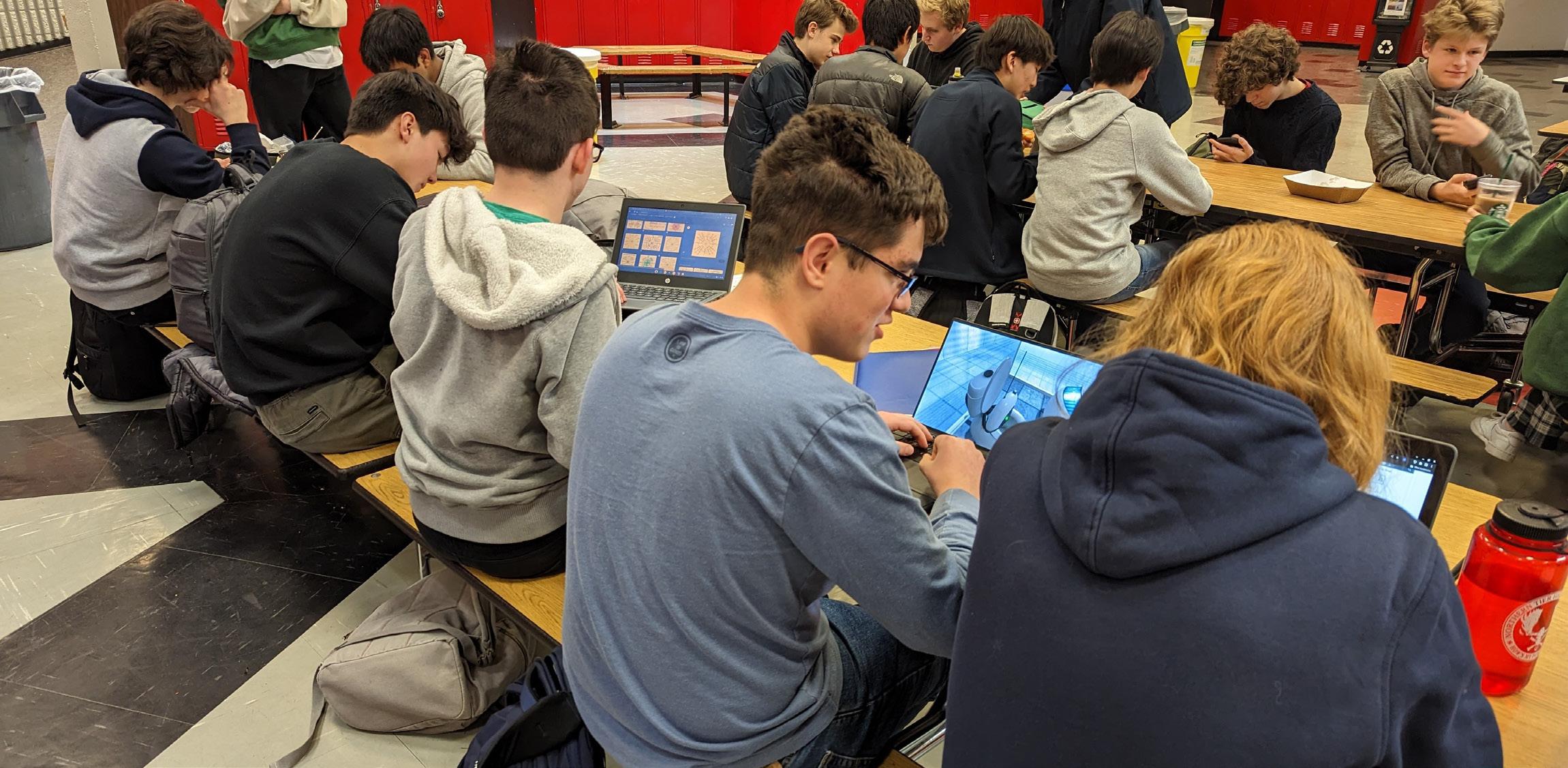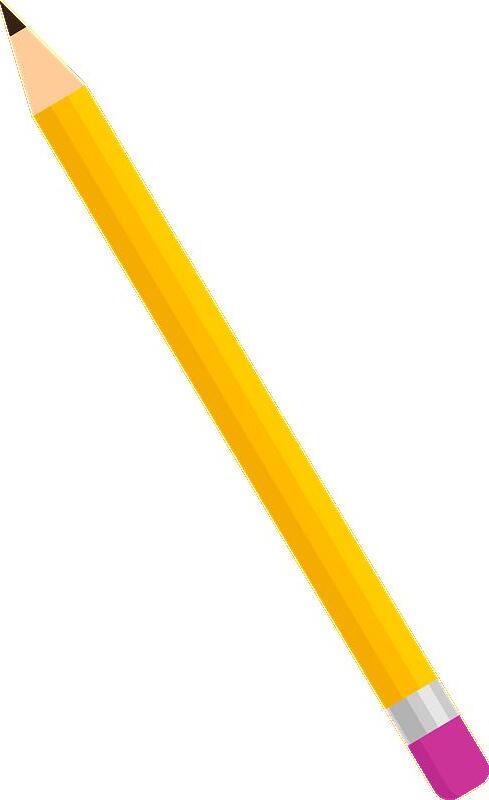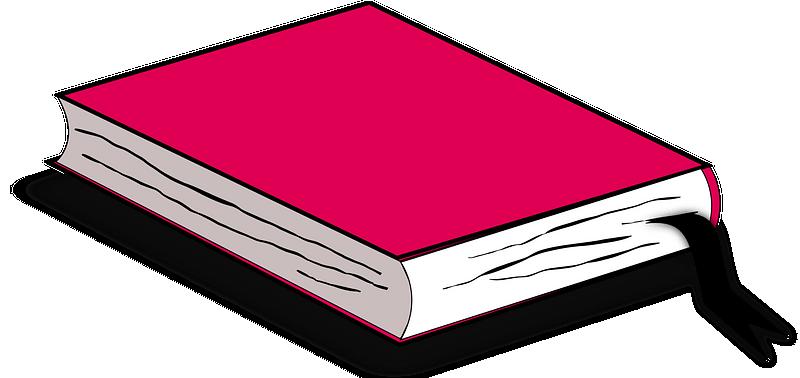
3 minute read
Student SAT STRESS
SAT testing season has begun for students across the country, as this standardized exam and its younger counterpart, the PSAT, are being administered in April. College Board offers these two tests. Both have been taken by students for over 50 years-- the first SAT test was administered in 1926, making it nearly ubiquitous with any American born in the past 100 years’ education.
The expectations that come along with the SAT’s history are not unknown to Fairview students. As early as freshman year, students are made well aware of the importance of the exam and its consequences.
Advertisement
“I took the PSAT last year, and I’m taking it again this year. I know it does not really matter how well you do on the PSAT, although I think it’s a good indicator of how you will do on the SAT,” said Lucy Condon (10). “There is pressure to perform, whether it’s for yourself or for your family. I really want to do well on the SAT so it’s definitely been on my mind since [freshman] year.” the SAT and what they can do, and then usually the week before they get a little nervous, but it’s really not until they get their first scores back. Then they start getting more nervous about what they need to study more of, what they need to do, their future, things like that.”
John Miley (11) has also felt the demand to perform well on the test increase.
“I’ve felt the pressure this year… It wasn’t really something I had to worry about until the start of the summer, at which point I really had to start caring,” said Miley (11).
Looking back on her experience with SAT prep, Arianne Flaherty (12) found she had similar experiences.
“There’s just a lot of pressure and people compare scores constantly. It’s all talking about preparing for it, preparing for blah, blah, blah, but also they don’t really give you much to prepare for and the stuff they give you isn’t really helpful,” said Flaherty.
Diana Rapp, a math teacher at Fairview, has noticed the cycle of student stress. “[Students] ask about
SAT scores are well-known to be a baseline indicator for many colleges and universities of a student’s academic capabilities. Recently though, various schools across the country, including Harvard and Yale, have dropped SAT score submission as an application requirement. This new trend, a result partly due to pandemic era regulations, has led many to ask the question: is the importance of these scores overblown?
Many students agree with this sentiment.
“Yeah,” said Annie Tanner (12). “I think that people put a lot more stress on them than they need to. I totally get it, in the past they were really important to get into college and stuff like that, but nowadays, because they aren’t required, I completely agree,
[their importance has] been exaggerated.” that they must perform well on the SAT to get accepted into a challenging college, like Miley. lot of the difficult schools I want to go to need/want higher test scores. So I’ve found myself you know getting a little bit stressed out about it,” Miley said. are people who do want to go to big schools and in order to do that they do have to submit their scores.” of the SAT for a student is based off of how they think of their plan past high school. “I think it directly correlates with how much people think about college and their future. The more that they think about their career, their future, the more likely they are to be stressed about the SAT or PSAT.” traditional form of higher education, such as a trade school, the SAT and the pressure surrounding it may seem rather pointless. a key part to any American education. Most any Fairview student can probably attest to some sort of stress in relation to the exam. However, as the world evolves, more and more students are finding that the emphasis put on the test may be turgid. tests need to be reworked and updated to fit with the standards of the society they examine. The SAT may someday be a distant memory for former high school students, replaced by a newer, better system of academic evaluation. Only time will tell of this possible perceived future. For now though, I’ll get back to studying for










